Were the Greeks the First Gamers?
Interactive Narrative as Game
The Iliad and the Odyssey are part of the Western Literature canon but primarily written down in book form. This belies their original format which was recited, edited, embellished and improvised epic poems performed in front of a rapt audience. They were a seamless combination of entertainment and education much like today’s educational video game! Add the fact that a driving narrative delivered the lessons and knowledge and now you can really see how ancient epics have similarities to learning games.
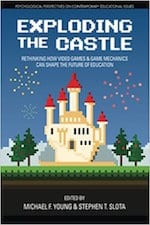 This comparison is brilliantly made by Roger Travis of University of Connecticut in his article (“What Homeric Epic Can Teach Us About Educational Affordances of Interactive Narrative” pgs. 19-37) published recently in Exploding the Castle: Rethinking How Video Games and Game Mechanics Can Shape the Future of Education. Travis’ article not only explores the interactive nature of sharing epic poems but also highlights how their use in Greek theater expands the nature of their interactive power. The messages, lessons and epic journeys get reframed and improvised to keep audiences engaged through surprising twists and turns and reframing of comfortable tropes much like how a video game progresses through various levels.
This comparison is brilliantly made by Roger Travis of University of Connecticut in his article (“What Homeric Epic Can Teach Us About Educational Affordances of Interactive Narrative” pgs. 19-37) published recently in Exploding the Castle: Rethinking How Video Games and Game Mechanics Can Shape the Future of Education. Travis’ article not only explores the interactive nature of sharing epic poems but also highlights how their use in Greek theater expands the nature of their interactive power. The messages, lessons and epic journeys get reframed and improvised to keep audiences engaged through surprising twists and turns and reframing of comfortable tropes much like how a video game progresses through various levels.
My favorite assertion is that Socrates was indeed a gamer!
Socrates was a gamer. My research suggests that he and his fellow Athenians played the stories of Achilles and Odysseus every time they heard them because we always play adventure stories, whether we hear them or read them or watch them and whether we have explicit, if fake, control over some portion of the story or not. Remember that every choice you can make in a digital game is programmed into that game’s software, and remember that every choice you can make even in a tabletop role-playing game must fall within the rules. If it works better for you, though simply imagine Socrates and is friends playing Achilles or playing Odysseys at the end of his life those games became even more interactive as Socrates chose to become a new Achilles. (Travis Page 22)
We read and perform these epic poems for their powerful stories of the human condition, insight into historical events and because they have powerful narrative structures. We are constrained in how far off piste we can go with content as we rework them but they are inherently engaging and we read them over and over again. Much like a good game compels the player to replay, rework and master a technique or level. When we play today’s video games, we may be taking part of a tradition that started a lot earlier than we had imagined!
Lasting Influence…Even in Game Play
The Greeks have had a significant influence in our culture and it is evident in our architecture, live theater, form of government and now even our video games. Why not learn more about these cultural influencers by playing a video game about them?
Dig-iT! Games has recently released our Ancient Greece title in the Excavate! video game series. Students excavate real artifacts that are primary sources that students analyze in order to draw conclusions about the daily life of ancient Greece. Excavate! Greece challenges students to compare and contrast the lifestyles of Athens and Sparta, dig deep into Greek religious practices while exploring Apollo’s Temple at Delphi and explore the life of world class athletes while excavating Olympus. It is an engaging and fun way to learn about and build on the ancient tradition that Socrates also enjoyed: the interactive narrative!
Try Excavate! Greece today and give it to your loved one who has to find an engaging way to get his or her students interested in ancient Greece after the holidays!

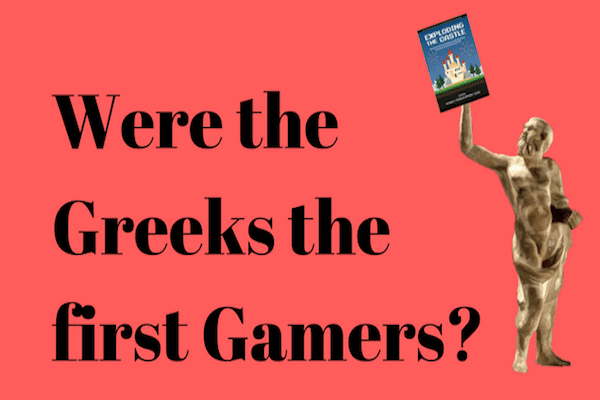


 Ask a teacher what gifts they want for Christmas and they might smile and say any of the following:
Ask a teacher what gifts they want for Christmas and they might smile and say any of the following:
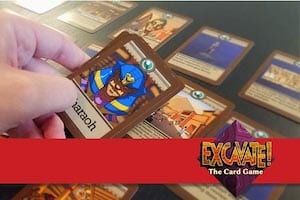 Have a history teacher to buy for? Or have a child that loves history? Check out our Excavate! Card Game. It’s a great way for students to make connections with ancient artifacts. Buy a few decks to make sure the entire class can enjoy! Check them out
Have a history teacher to buy for? Or have a child that loves history? Check out our Excavate! Card Game. It’s a great way for students to make connections with ancient artifacts. Buy a few decks to make sure the entire class can enjoy! Check them out 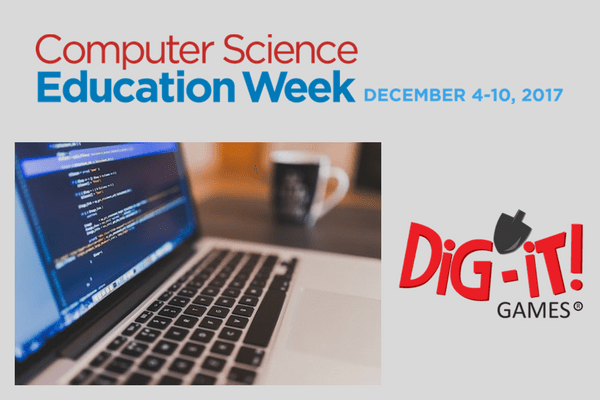
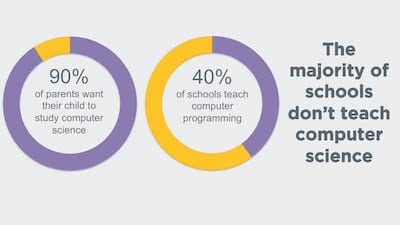 Computer Science Education Week
Computer Science Education Week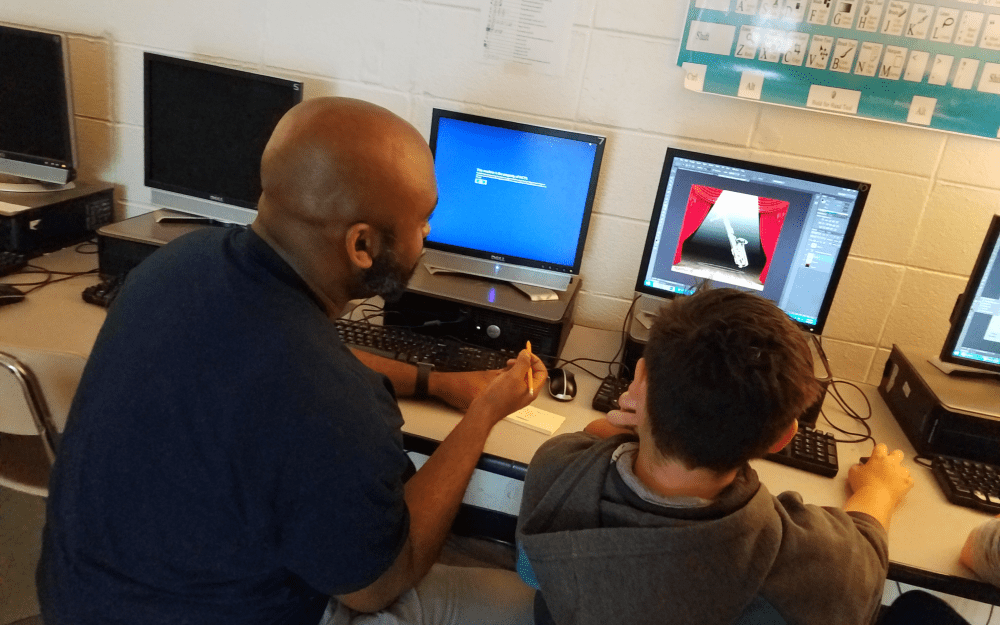
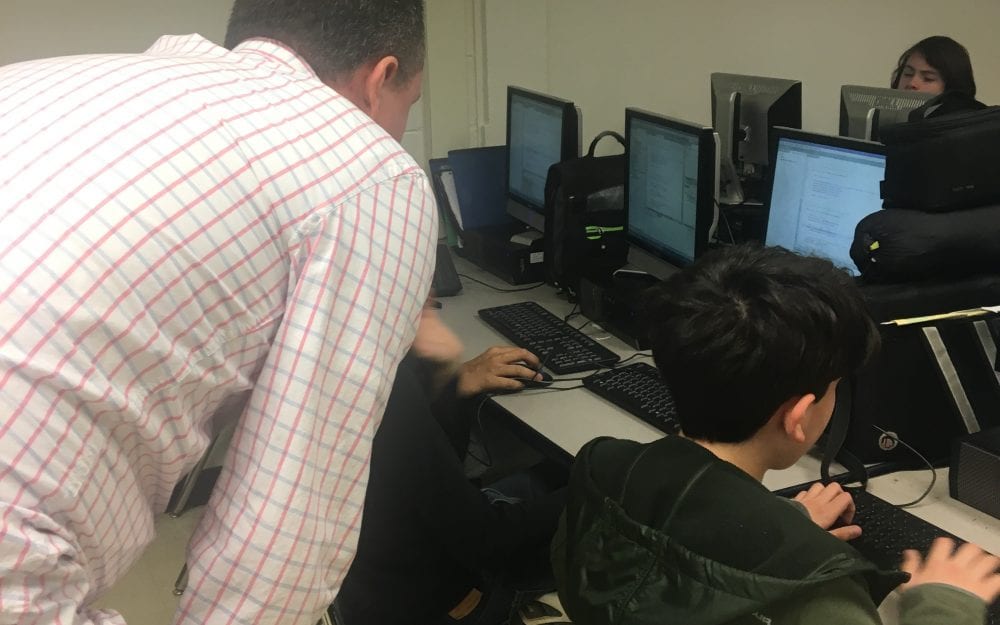
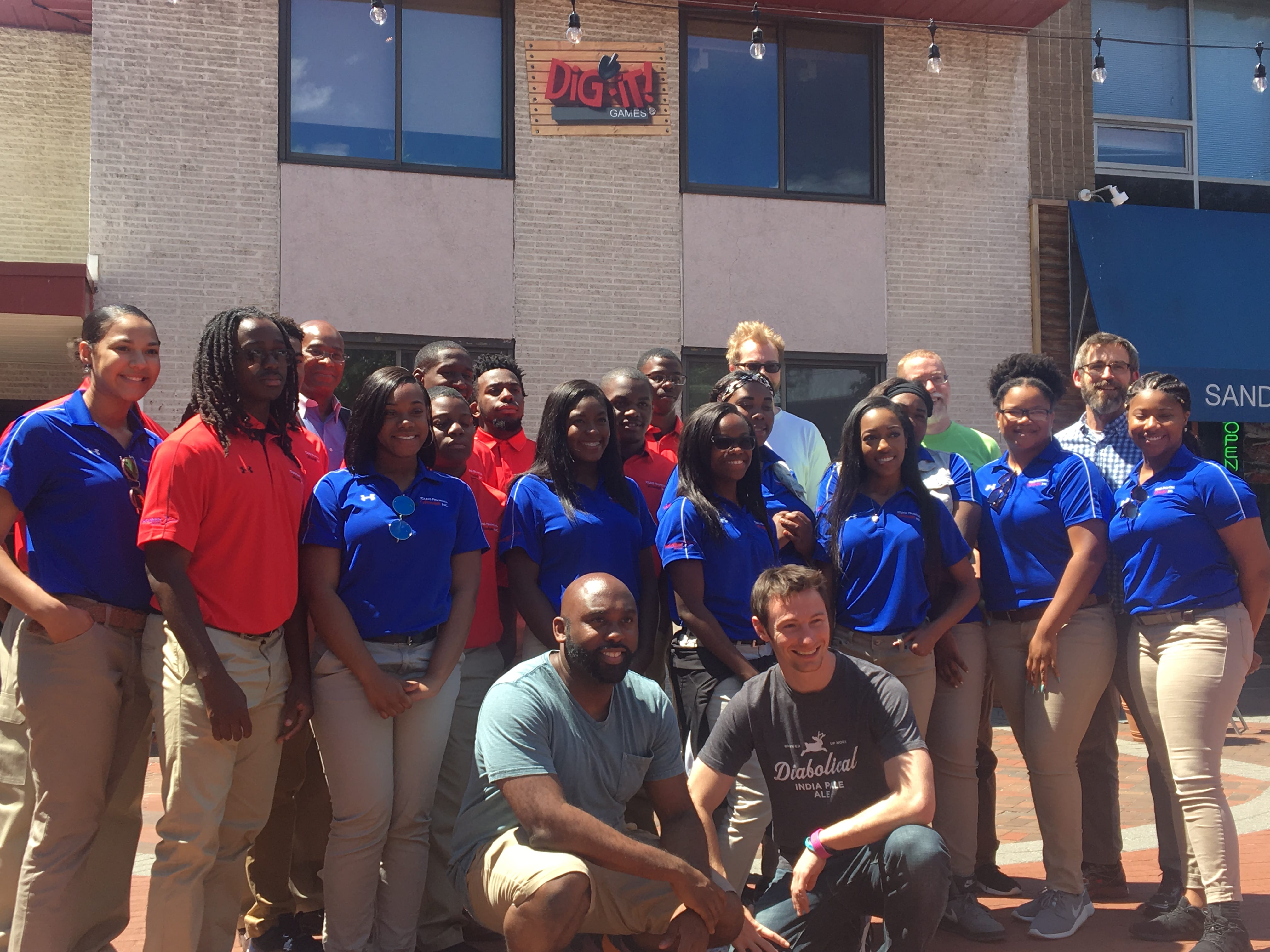
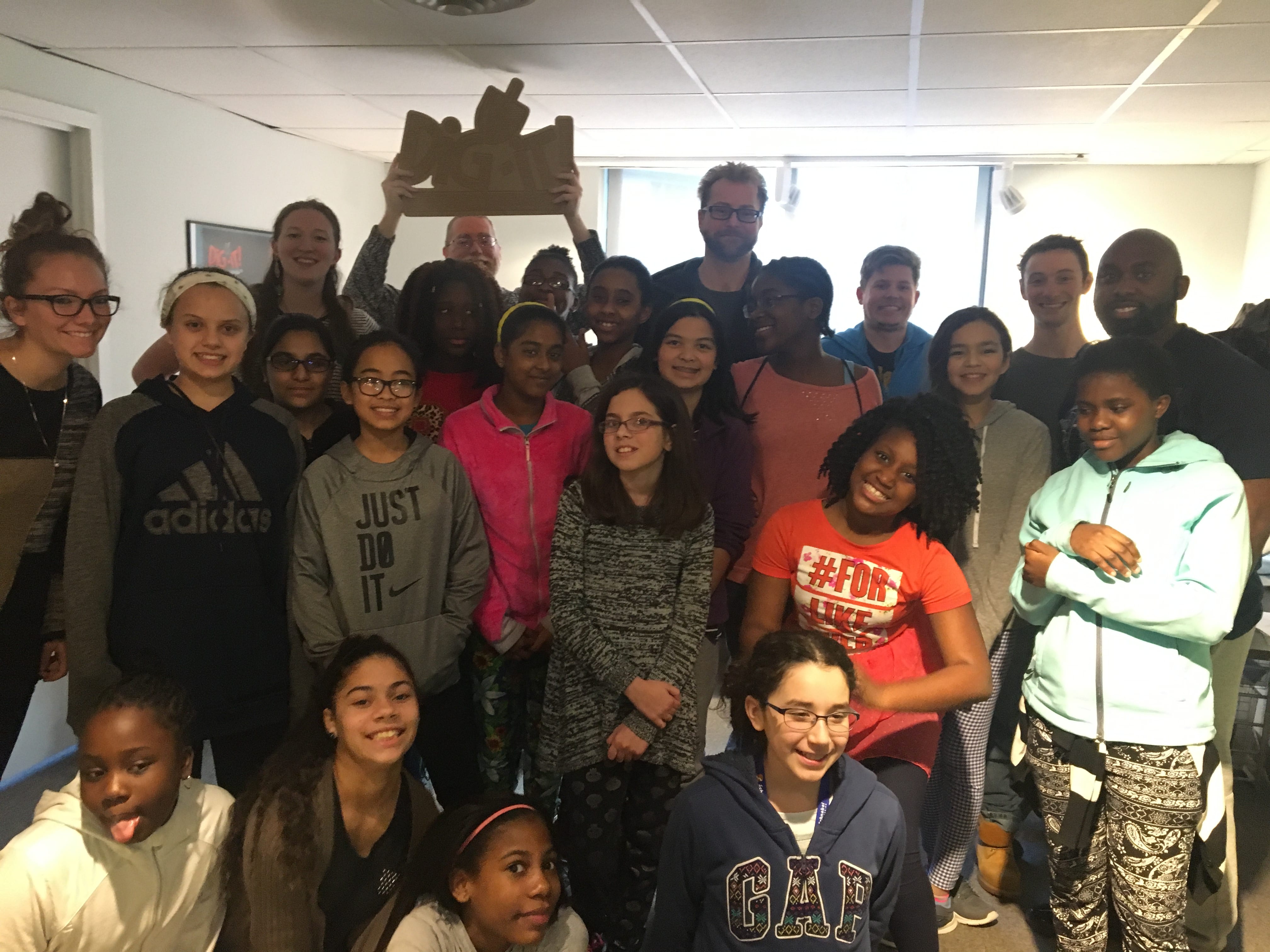
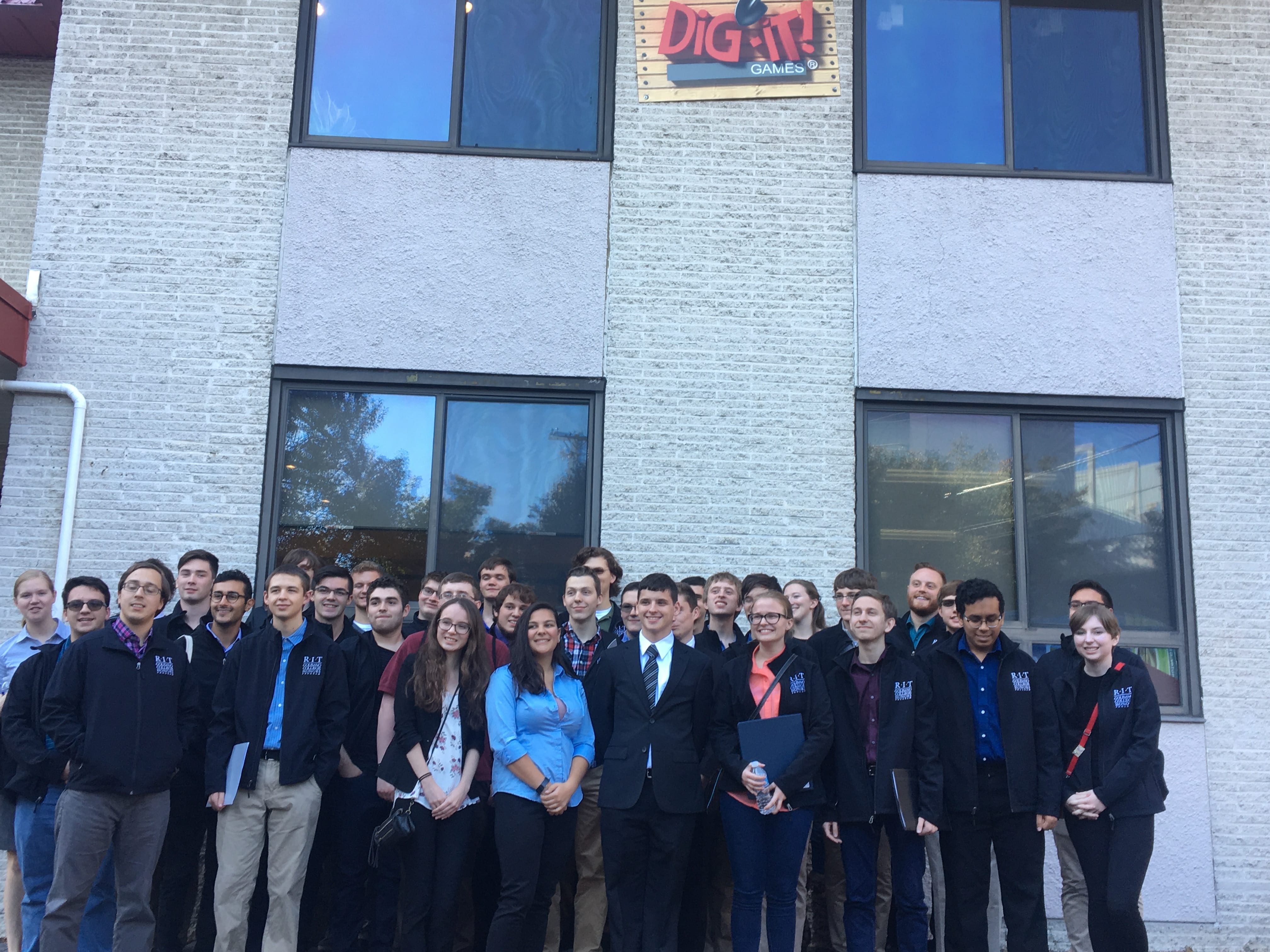

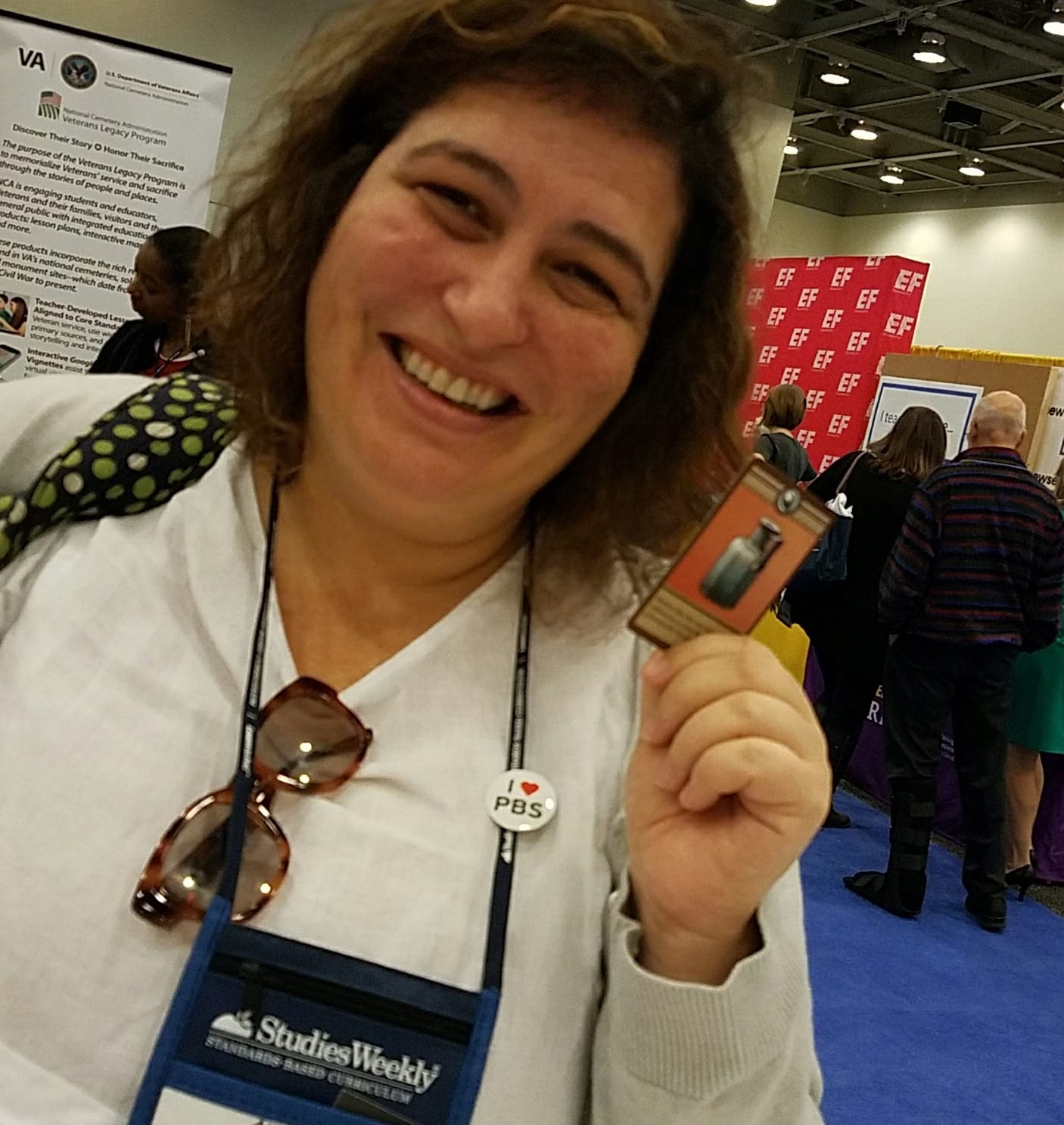
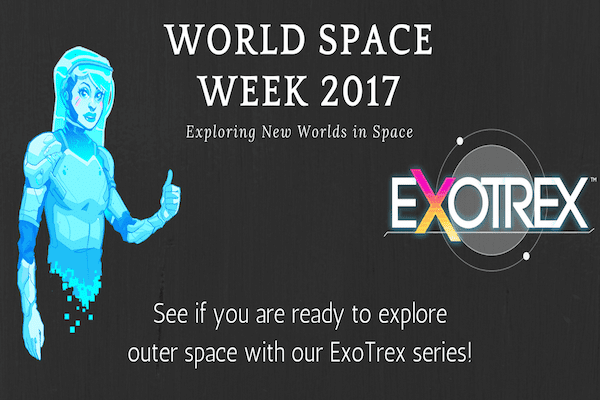
 This week marks
This week marks 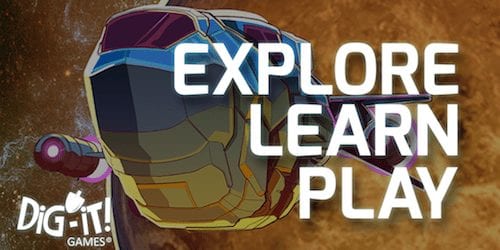
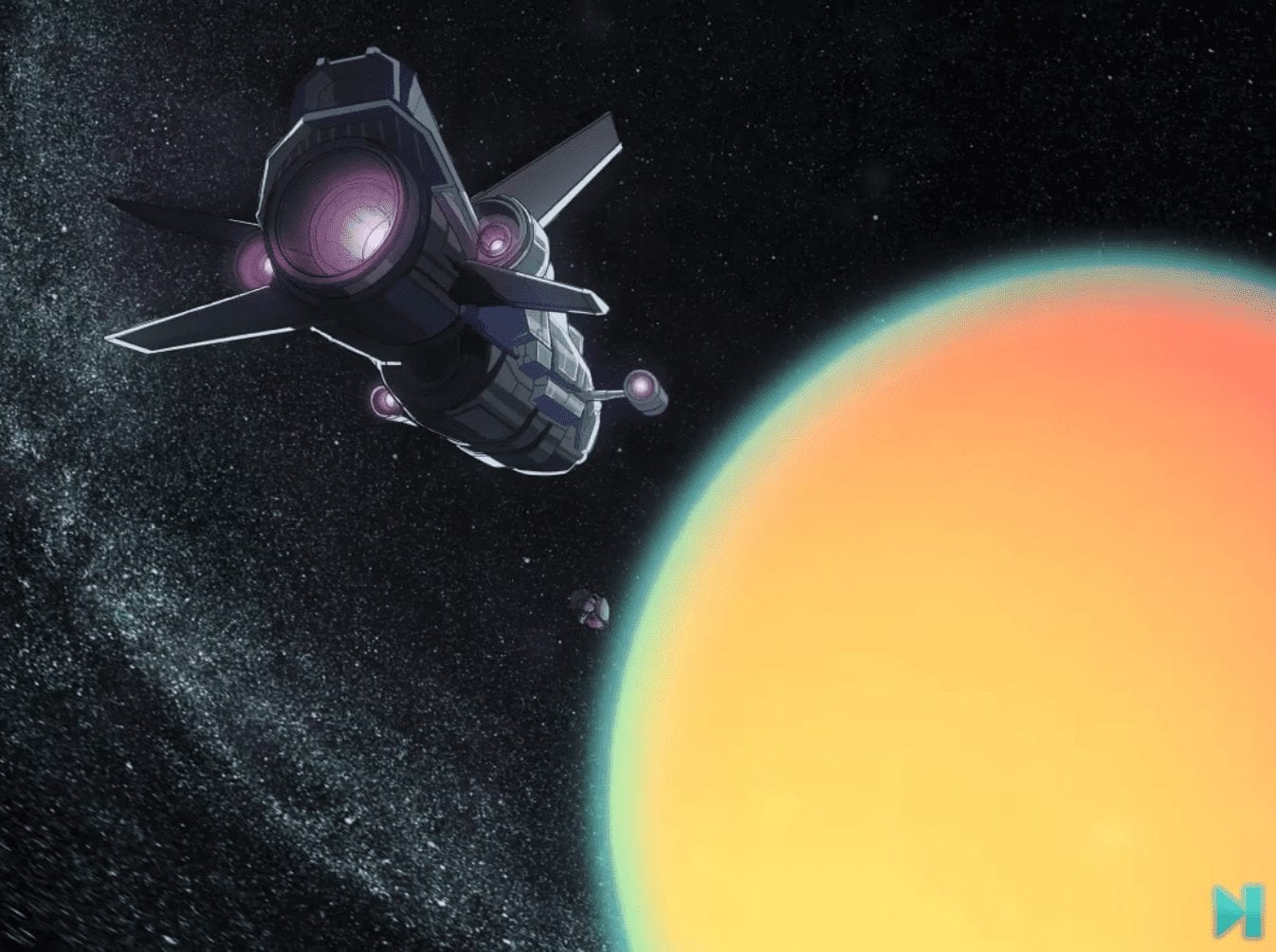
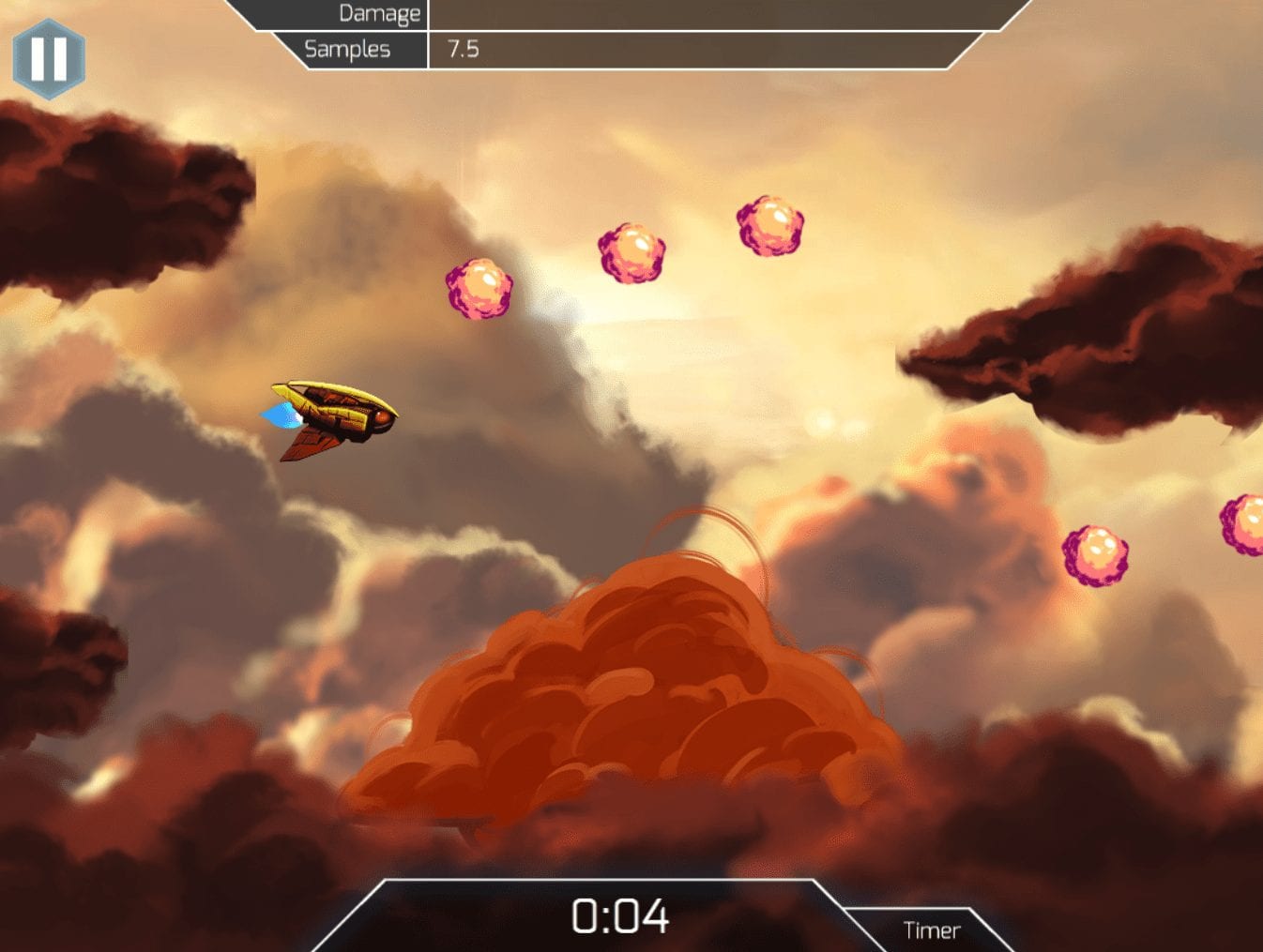
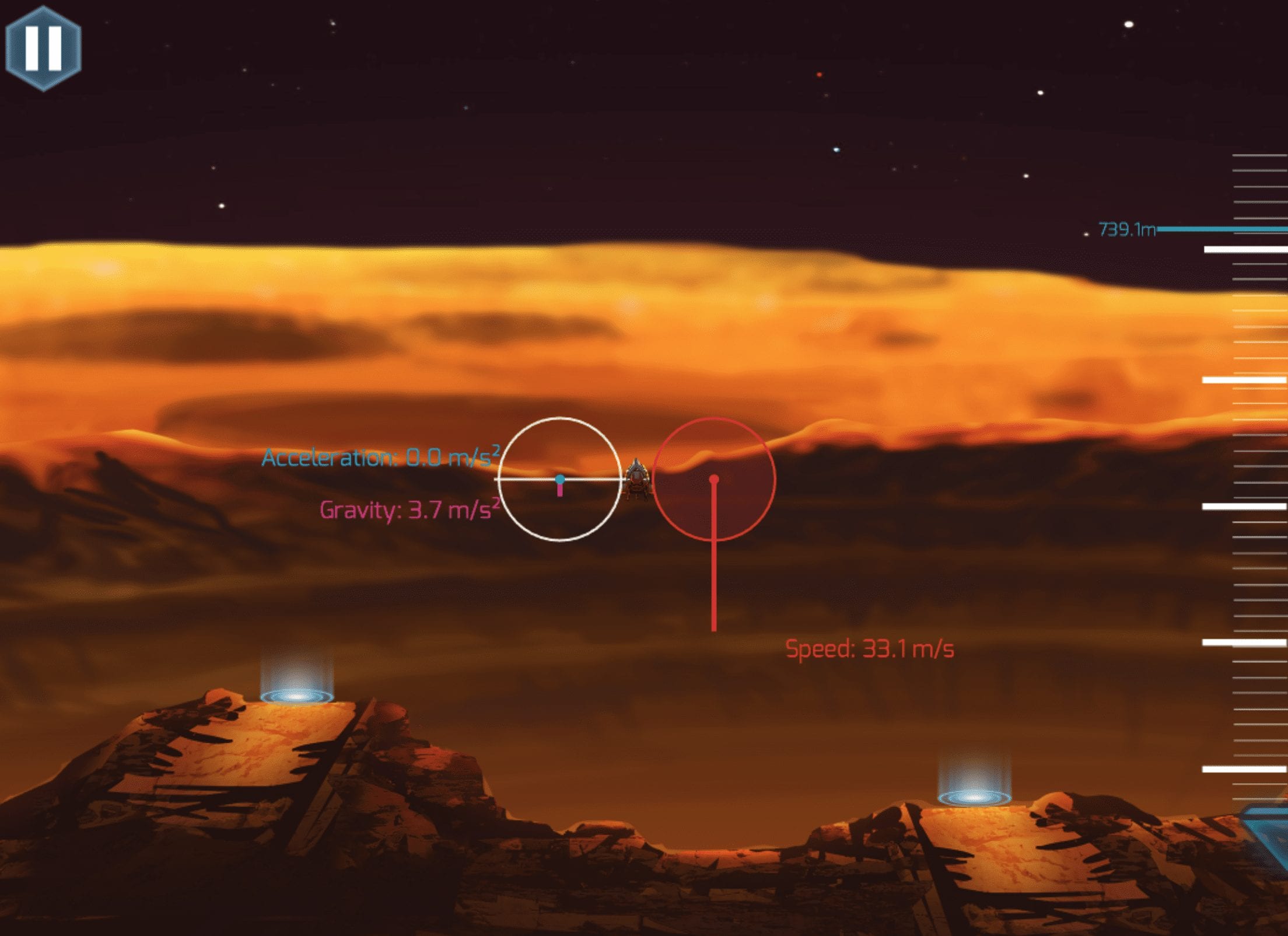
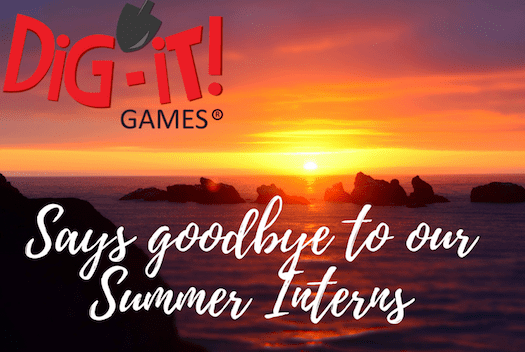
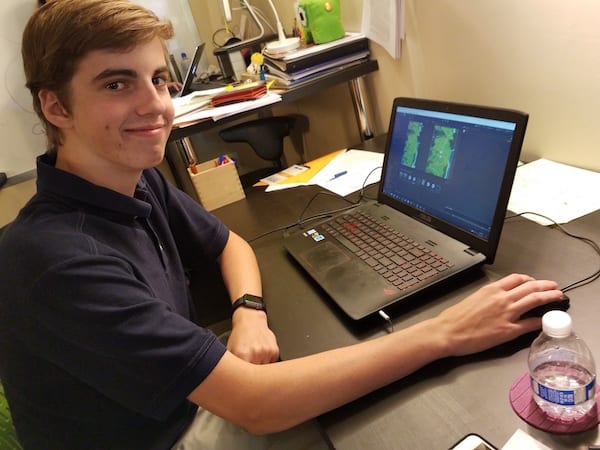 My name is Matt Schneider, and I will be a senior at St John’s College High School in DC in just a couple weeks. Since I am interested in going into the Computer Science field I decided to look for an internship that would get my foot in the door. I was a beta tester for Dig-It! Games this past year so I applied for an internship here to get more coding experience.
My name is Matt Schneider, and I will be a senior at St John’s College High School in DC in just a couple weeks. Since I am interested in going into the Computer Science field I decided to look for an internship that would get my foot in the door. I was a beta tester for Dig-It! Games this past year so I applied for an internship here to get more coding experience.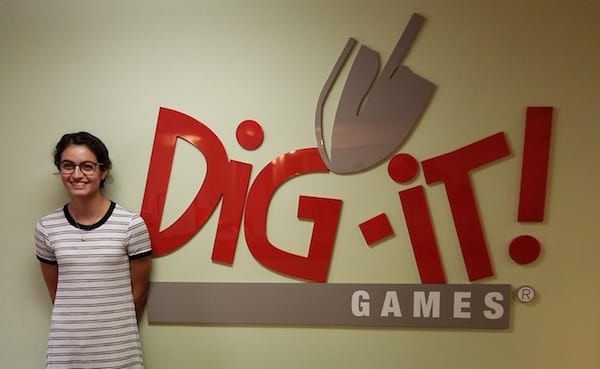 My name is Haley, and I am a rising junior at George Washington University, majoring in Archaeology. I have been working at Dig-It! Games for over a year but this summer I have been working in the office, rather than solely from my computer back at campus. Working in-house has been a great experience that I wish lasted longer than a three-month summer. Dig-It! Games is an exciting workplace that thrives on collaboration and I like being a member of that dynamic. There are three main departments: development, art, and education. I work within the education department.
My name is Haley, and I am a rising junior at George Washington University, majoring in Archaeology. I have been working at Dig-It! Games for over a year but this summer I have been working in the office, rather than solely from my computer back at campus. Working in-house has been a great experience that I wish lasted longer than a three-month summer. Dig-It! Games is an exciting workplace that thrives on collaboration and I like being a member of that dynamic. There are three main departments: development, art, and education. I work within the education department.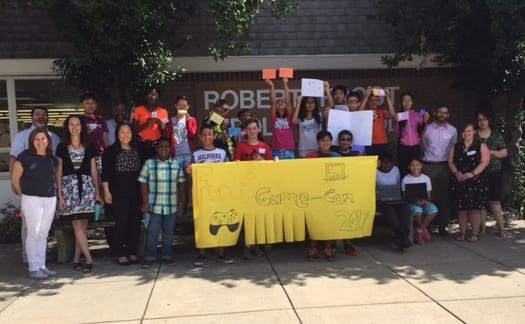
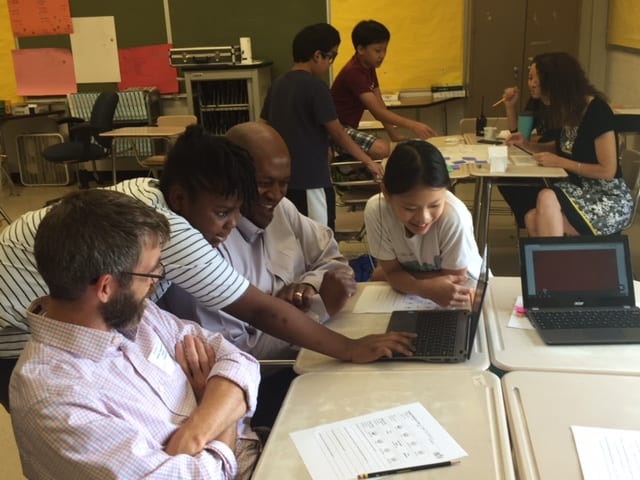 Chris offered to come to Robert Frost Middle School’s extended year program (EYP) and let our students test pilot a few new games that Dig-It! Games was working on at the time, and this seemed like a great way to get my kids to stop playing Pokemon Go (remember that?) for a few minutes and possibly even learn something in the process. We agreed to two meetings where the students would beta test the games and provide feedback on their experience. Dig-It! Games would then consider the feedback they received and refine their games based on the students’ input.
Chris offered to come to Robert Frost Middle School’s extended year program (EYP) and let our students test pilot a few new games that Dig-It! Games was working on at the time, and this seemed like a great way to get my kids to stop playing Pokemon Go (remember that?) for a few minutes and possibly even learn something in the process. We agreed to two meetings where the students would beta test the games and provide feedback on their experience. Dig-It! Games would then consider the feedback they received and refine their games based on the students’ input.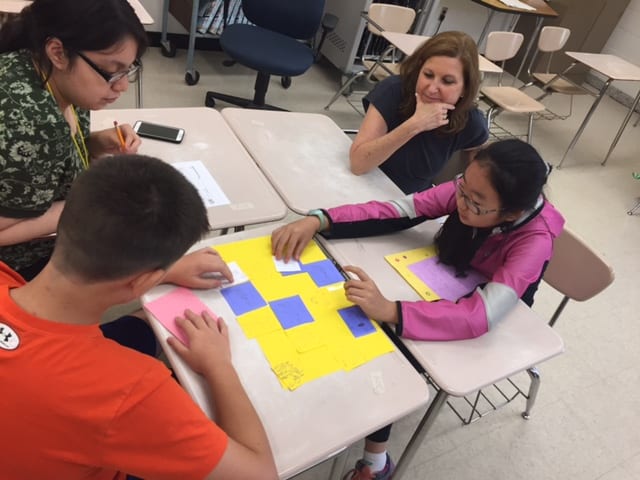 In addition to working with Chris, Dig-It! Games’ Jessica Mlyniec and Elisa Bartolomeo-Damon designed and implemented instructional sessions for our students, one to be delivered each week of the course. The first session revolved around piloting and evaluating video games, the second focused on creating narrative driven, goals-based video games, and the third session focused on student presentations and eventually became “Frost Game Con 2017”-an event for summer students to showcase their work to our administration, students, and Dig-It! Games.
In addition to working with Chris, Dig-It! Games’ Jessica Mlyniec and Elisa Bartolomeo-Damon designed and implemented instructional sessions for our students, one to be delivered each week of the course. The first session revolved around piloting and evaluating video games, the second focused on creating narrative driven, goals-based video games, and the third session focused on student presentations and eventually became “Frost Game Con 2017”-an event for summer students to showcase their work to our administration, students, and Dig-It! Games.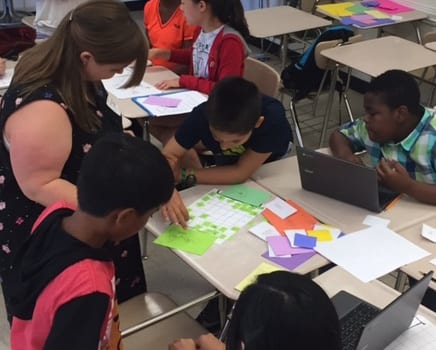 Working with Chris, Jes, and Elisa has been a great experience for the RFMS extended year program. We created a high interest, interactive program that allows us to move towards our school improvement plan goals. And the best part? The kids had fun. And the other best part? We still have room to enhance the program even more! (Based on our students’ feedback, of course.) I am already looking forward to collaborating with Dig-It! Games again in the future to refine the summer EYP literacy program.
Working with Chris, Jes, and Elisa has been a great experience for the RFMS extended year program. We created a high interest, interactive program that allows us to move towards our school improvement plan goals. And the best part? The kids had fun. And the other best part? We still have room to enhance the program even more! (Based on our students’ feedback, of course.) I am already looking forward to collaborating with Dig-It! Games again in the future to refine the summer EYP literacy program.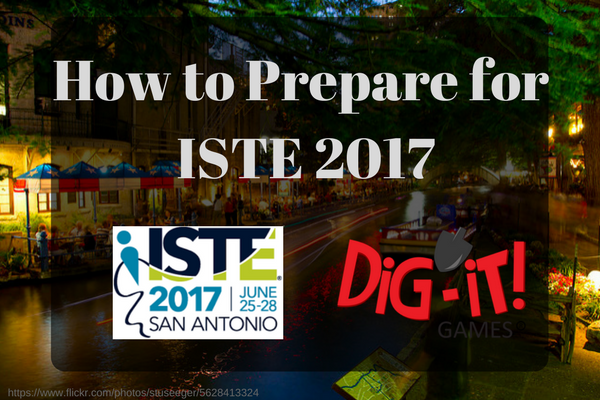

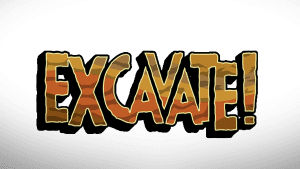 iDigFossils: STEAM Integration through 3D Scanning, 3D Printing, and Paleontology
iDigFossils: STEAM Integration through 3D Scanning, 3D Printing, and Paleontology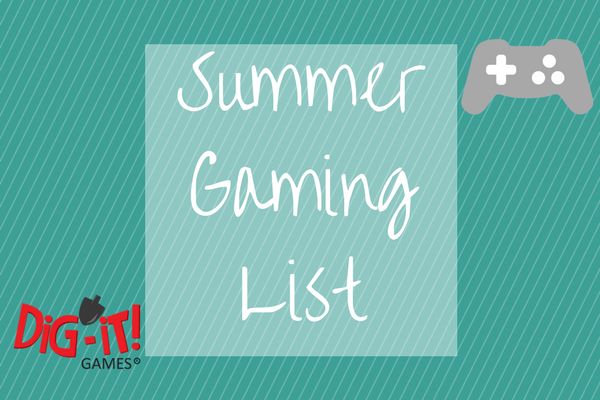
 Picture this: A child seated by himself reading a book under a tree’s shade on a hot summer day. A hundred feet away, under the shade of another tree, is another child seated by herself playing a video game on a tablet. In Everything Bad is Good for You, Steven Johnson argues that there is an inherent bias in promoting the reader’s activity as enrichment while deriding the gamer’s activity as wasting time.
Picture this: A child seated by himself reading a book under a tree’s shade on a hot summer day. A hundred feet away, under the shade of another tree, is another child seated by herself playing a video game on a tablet. In Everything Bad is Good for You, Steven Johnson argues that there is an inherent bias in promoting the reader’s activity as enrichment while deriding the gamer’s activity as wasting time.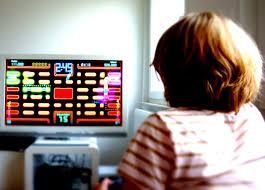 of the game, accomplishing short term and long term goals, and depending on the game, may very well be interacting with other players in creating and reimagining the world in which they inhabit. Johnson argues that this may potentially be more intellectually rigorous…but it all depends on the content and the structure of the game.
of the game, accomplishing short term and long term goals, and depending on the game, may very well be interacting with other players in creating and reimagining the world in which they inhabit. Johnson argues that this may potentially be more intellectually rigorous…but it all depends on the content and the structure of the game.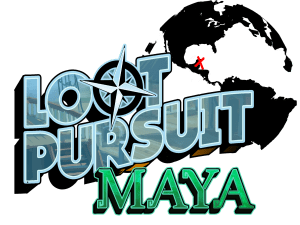 We here at Dig it™ are proud of our
We here at Dig it™ are proud of our